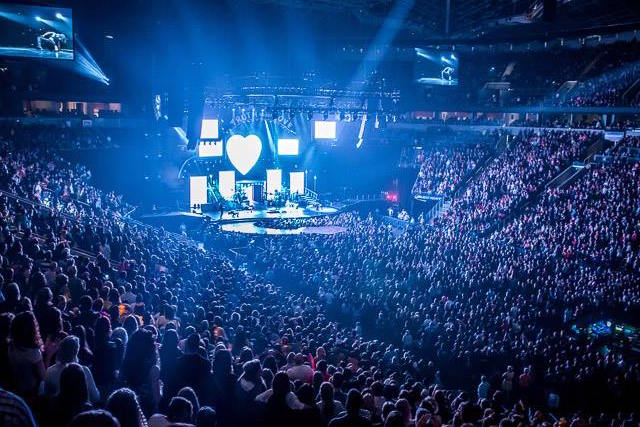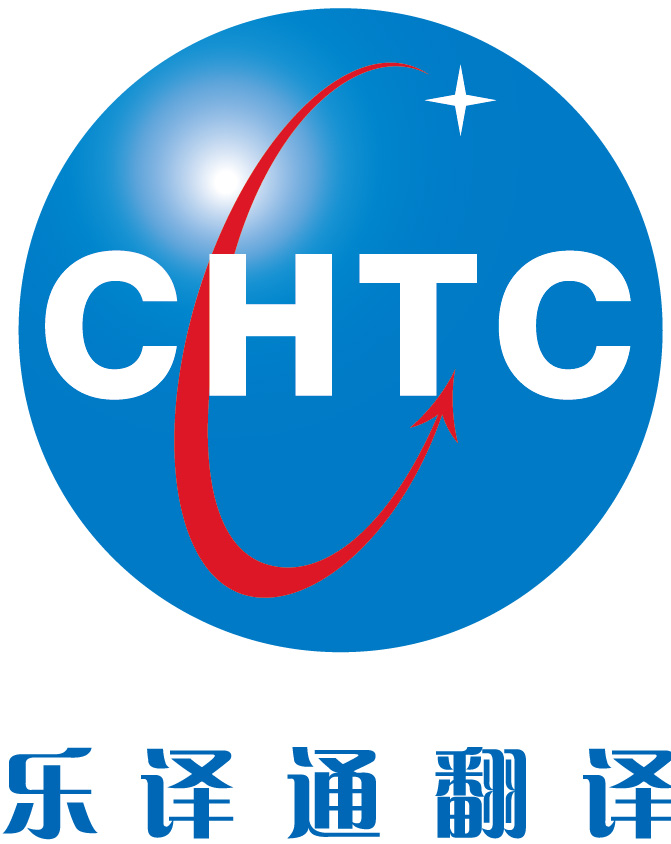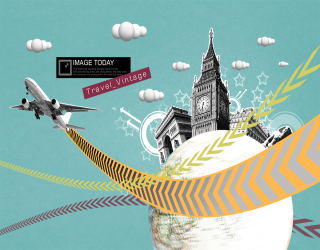Valve must set an example for visa applications
发布人:天津翻译公司|翻译服务|专业翻译|人工翻译|翻译公司|乐译通翻译 发布日期:2015-07-06 浏览次数:3015次 返回上一页
The International 5 prize pool has now reached over $15m, which makes it the biggest eSports tournament in terms of prize money ever by beating its own record that was set last year by TI4. Needless to say, TI is one of the most prestigious global eSports events.
It sees the the top teams in the world compete to take the Aegis of Champions and be considered the best in the world. TI is the pinnacle of achievement for nearly every team and player. Naturally it is hugely competitive to even be invited to the regional qualifiers that happen months before the main event. But after a year of competing, practising and bootcamping to attend this coveted LAN, why is the biggest barrier to attendance turning out to be the location the event is held?
Online video games originally brought people together. They united people across the world, breaking down language barriers and borders for anyone who was connected to the internet. Players could find teammates and friends from their computers without giving a second thought to whether the person on the other end was American, Chinese, Russian or anything else.
However, over the last few years visa issues have been rebuilding the walls that separated gamers before the online international community really unified a generation. No matter how hard players work to qualify for a tournament, they may be still be thwarted by US immigration. The denial of US visa applications for TI are nothing new, but considering how established the eSports industry has become Valve should be making sure that players who have qualified for their tournament can make it to the venue that has been chosen.
It recently came out that SoNNeikO had been denied a visa to the US two times in a row, which will put Na’Vi at a serious risk of not being able to compete at the event. Although it is unclear what would actually happen in the event of a player being denied entry to the US, it is a serious inconvenience to say the least. In the case of LAN events earlier this year, many teams were forced to withdraw completely due to visa issues.
From Europe both Team Empire and Vega Squadron were unable to attend the JoinDOTA MLG Season 2 LAN Finals simply because they were denied visas. Similarly, Rave could not attend the event for the same reason. Also this year Mousesports could not make it to i-League and HellRaisers had to be replaced by Balkan Bears at the DotA 2 Champions League both because members of the team were not allowed permits to work in the respective countries.
The reality for teams that are affected by these issues is that they miss out on a chance not only to win a chunk of often hefty prize pools, but also the chance to appear at prestigious international LAN events. The whole point of building a successful record for a team is being able to be recognised not just locally, but globally. Just because of the location of a LAN event, teams and players have been denied the chance to compete in front of the eyes of the world.
When it comes to visas it is not like there has been total inaction in the world of eSports. In 2013 there were numerous reports of professional players being considered as athletes, allowing them to have the highly coveted 5 year work visa in the US. That is a significant change not only for the ease of players being able to compete internationally, but also to the status of ‘people who play video games for money’ to be recognised as professional athletes.
Although the very first eSports athletes were only recognised 2 years ago, unfortunately it has not bucked the visa trend since it happened. One of the problems for DotA 2 is that the talks with the US government seemed to take place exclusively with League of Legends developer Riot. The talks certainly should have set a precedent for eSports generally, but DotA 2 players, teams and fans have not seen the benefit. Valve must take the lead on this issue.
Particularly with the announcement of the DotA 2 Majors, it is Valve’s responsibility to make their position clear and fight more actively for recognition of eSports athletes and DotA as a professional sport. It is only with recognitions such as these that visa issues will become anomalies as opposed to one of the normal difficulties with attending a LAN.
Clearly, it is difficult for smaller tournament organisers to make an impact on such issues, but if Valve set a firm example with the US government, then it would hopefully be a question of time as to when visa issues did not affect any league or tournament. It is the organisers who act as the players employers and so it is their responsibility to make clear that teams have a legitimate reason to be working in a foreign country. That is why, as the biggest DotA 2 tournament organiser there is, the burden is firmly with Valve to force change.
It sees the the top teams in the world compete to take the Aegis of Champions and be considered the best in the world. TI is the pinnacle of achievement for nearly every team and player. Naturally it is hugely competitive to even be invited to the regional qualifiers that happen months before the main event. But after a year of competing, practising and bootcamping to attend this coveted LAN, why is the biggest barrier to attendance turning out to be the location the event is held?
Online video games originally brought people together. They united people across the world, breaking down language barriers and borders for anyone who was connected to the internet. Players could find teammates and friends from their computers without giving a second thought to whether the person on the other end was American, Chinese, Russian or anything else.
However, over the last few years visa issues have been rebuilding the walls that separated gamers before the online international community really unified a generation. No matter how hard players work to qualify for a tournament, they may be still be thwarted by US immigration. The denial of US visa applications for TI are nothing new, but considering how established the eSports industry has become Valve should be making sure that players who have qualified for their tournament can make it to the venue that has been chosen.
It recently came out that SoNNeikO had been denied a visa to the US two times in a row, which will put Na’Vi at a serious risk of not being able to compete at the event. Although it is unclear what would actually happen in the event of a player being denied entry to the US, it is a serious inconvenience to say the least. In the case of LAN events earlier this year, many teams were forced to withdraw completely due to visa issues.
From Europe both Team Empire and Vega Squadron were unable to attend the JoinDOTA MLG Season 2 LAN Finals simply because they were denied visas. Similarly, Rave could not attend the event for the same reason. Also this year Mousesports could not make it to i-League and HellRaisers had to be replaced by Balkan Bears at the DotA 2 Champions League both because members of the team were not allowed permits to work in the respective countries.
The reality for teams that are affected by these issues is that they miss out on a chance not only to win a chunk of often hefty prize pools, but also the chance to appear at prestigious international LAN events. The whole point of building a successful record for a team is being able to be recognised not just locally, but globally. Just because of the location of a LAN event, teams and players have been denied the chance to compete in front of the eyes of the world.
When it comes to visas it is not like there has been total inaction in the world of eSports. In 2013 there were numerous reports of professional players being considered as athletes, allowing them to have the highly coveted 5 year work visa in the US. That is a significant change not only for the ease of players being able to compete internationally, but also to the status of ‘people who play video games for money’ to be recognised as professional athletes.

Although the very first eSports athletes were only recognised 2 years ago, unfortunately it has not bucked the visa trend since it happened. One of the problems for DotA 2 is that the talks with the US government seemed to take place exclusively with League of Legends developer Riot. The talks certainly should have set a precedent for eSports generally, but DotA 2 players, teams and fans have not seen the benefit. Valve must take the lead on this issue.
Particularly with the announcement of the DotA 2 Majors, it is Valve’s responsibility to make their position clear and fight more actively for recognition of eSports athletes and DotA as a professional sport. It is only with recognitions such as these that visa issues will become anomalies as opposed to one of the normal difficulties with attending a LAN.
Clearly, it is difficult for smaller tournament organisers to make an impact on such issues, but if Valve set a firm example with the US government, then it would hopefully be a question of time as to when visa issues did not affect any league or tournament. It is the organisers who act as the players employers and so it is their responsibility to make clear that teams have a legitimate reason to be working in a foreign country. That is why, as the biggest DotA 2 tournament organiser there is, the burden is firmly with Valve to force change.






